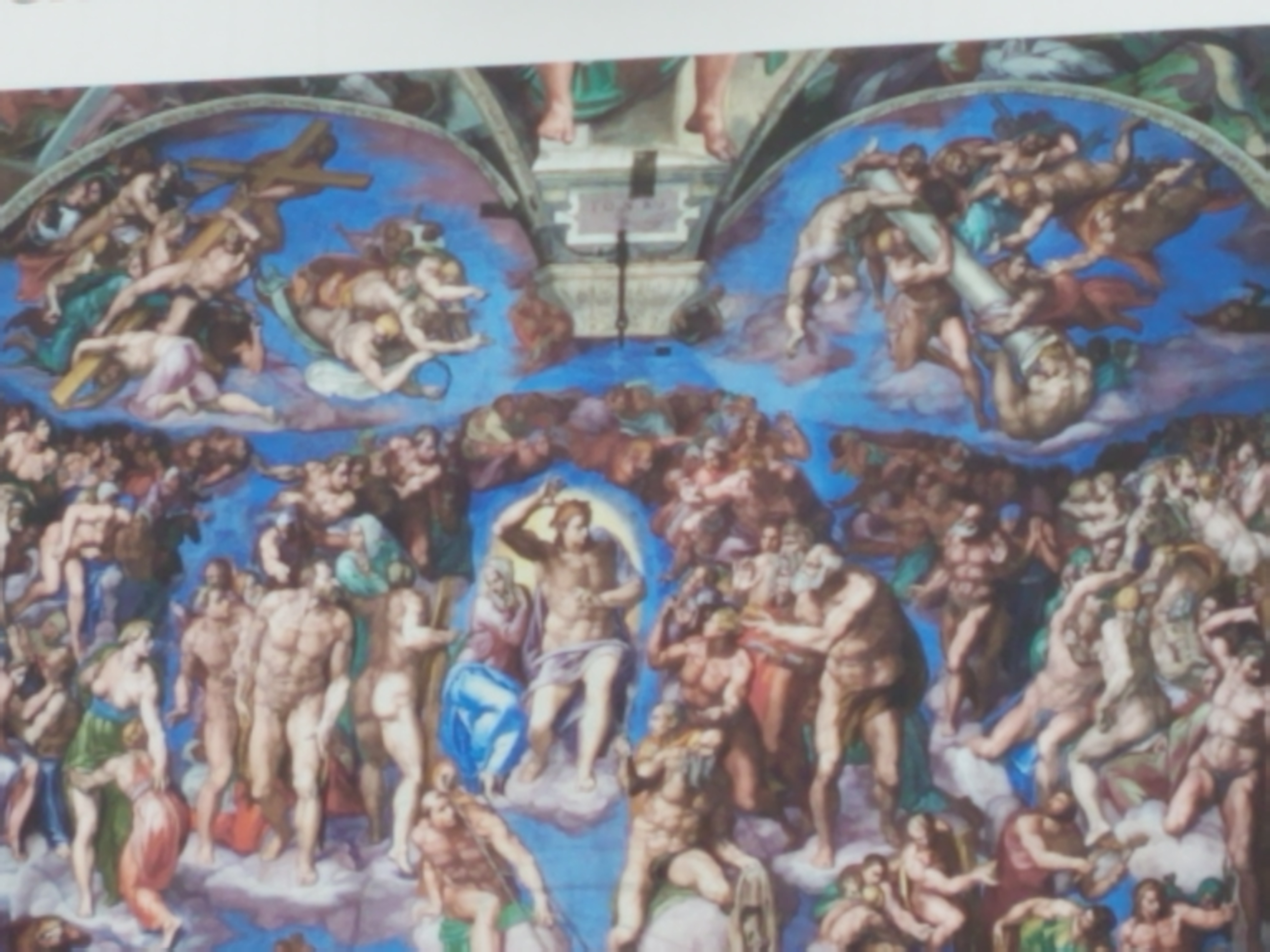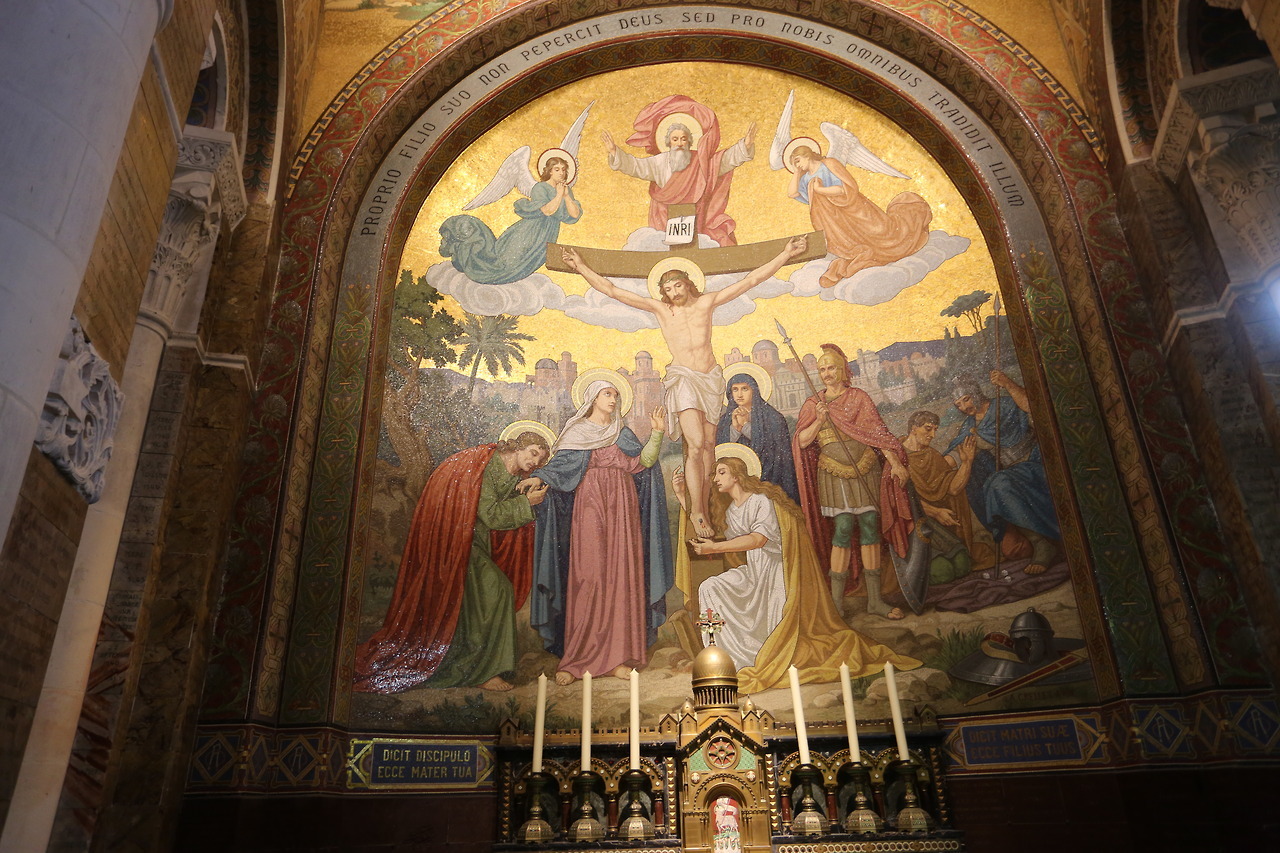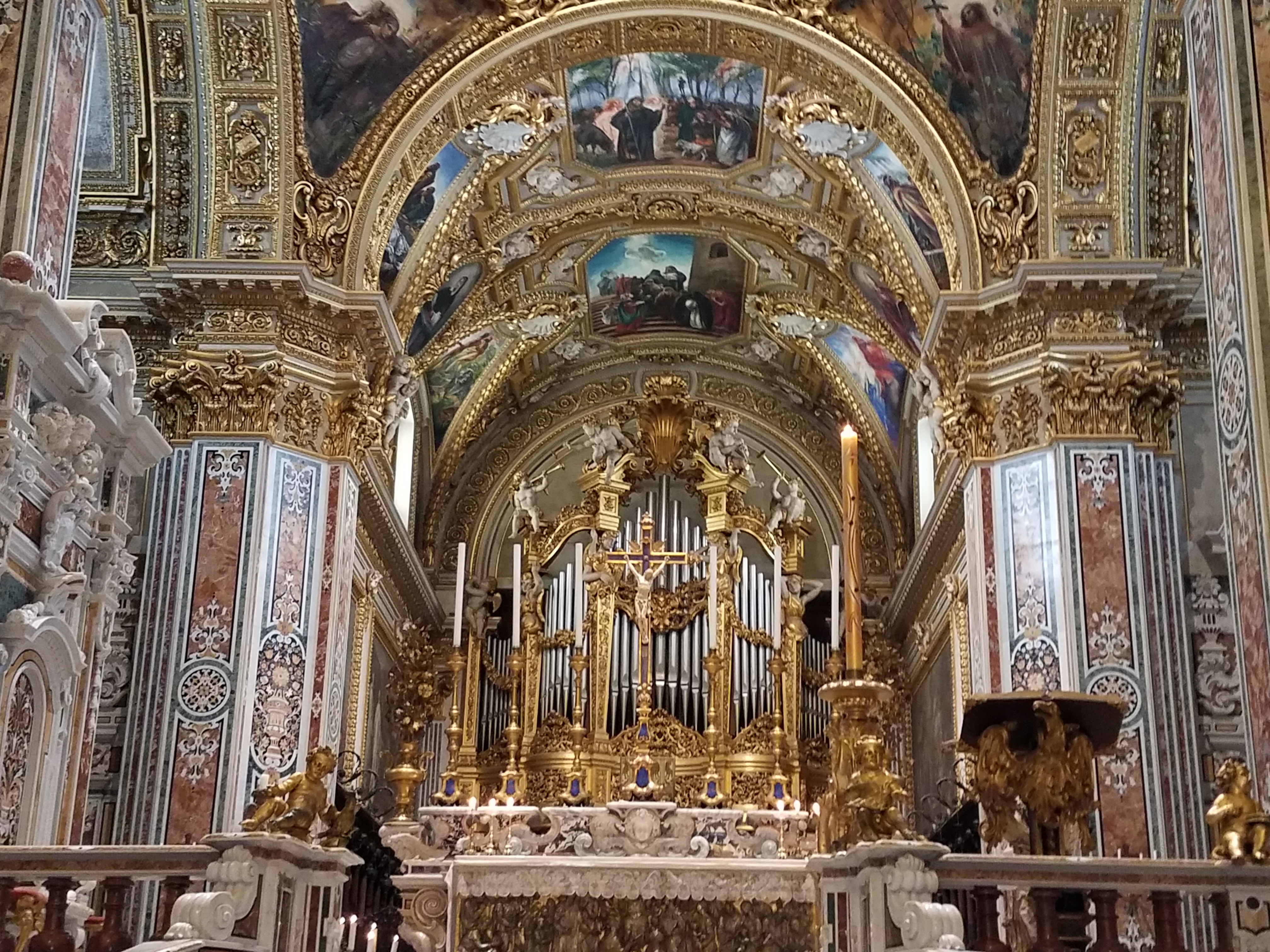Genesis 2:7-9; 3:1-7; Ps. 51:3-6, 12-13, 17; Rom. 5:12-19; Mat. 4:1-11
Get away, Satan! Jesus rebukes Satan from the three temptations of humanity in today’s gospel. In psychology terms it is called the Id, Ego, and Superego. The Id is the temptation of the flesh to hunger for self-gratification of the passions of the body, hunger being primary. The Ego is the temptation of the mind for self-gratification to “test and see” is there a God of truth, goodness, beauty and love? The Superego is the temptation of the spirit for self-gratification of a higher consciousness “to be like gods”. These are the weapons of Satan. Get away, Satan the father of lies and come to me Jesus, word of God.
The first man and woman’s eyes were opened “and they realized they were naked”. Their eyes were opened not to wisdom as promised by the serpent but to their sin and immediately tried to cover the naked truth of their disobedience. Can anyone believe they can cover their naked sin before God? The season of Lent is a process of admitting our nakedness of sin to God and returning to a state of grace for our disobedience.
Which is our greatest temptation to overcome this Lent? The sins of the flesh in our passions to indulge our appetites for food, sex, alcohol, drugs; the sins of the mind to indulge in gaming, control, obsessions; and/or the sins of the spirit for pride, power, prestige and profit. “A clean heart create for me, O God, and a steadfast spirit renew within me.” The first step is one of humility, we need God to be our change agent, we cannot do this ourselves. It is in relationship with a power greater than us that change comes. Alone we are like dust in the air and Satan is the wind that stirs us up and lets us fall. Without humility we are still trying “to be like gods” with the false image that the power is ours alone.
The second step is one of confession. Our confession of faith requires us to go before God and before brethren that is who we have sinned against and ask for forgiveness. This too is an act of humility in order to seek reconciliation there is a humble testimony that is made after a fearless moral inventory of our sins. Our “acquittal” we do not give to ourselves. We are not judge, jury and executioner. Our acquittal is in the reconciliation with God and others.
“But the gift is not like the transgression.” The consequence of sin is suffering and death but the gift of forgiveness is beyond atonement for Jesus has atoned for our sins. The gift is “the abundance of grace and gift of justification” to reign with Jesus Christ. Jesus reigns and we are invited to reign through the power of the Holy Spirit not as slaves but as children of the light. A new child in Christ is our calling and Jesus does not give up on us, let us not be the one who gives up on ourselves because of the temptations of Satan. Get away, Satan!













Recent Comments